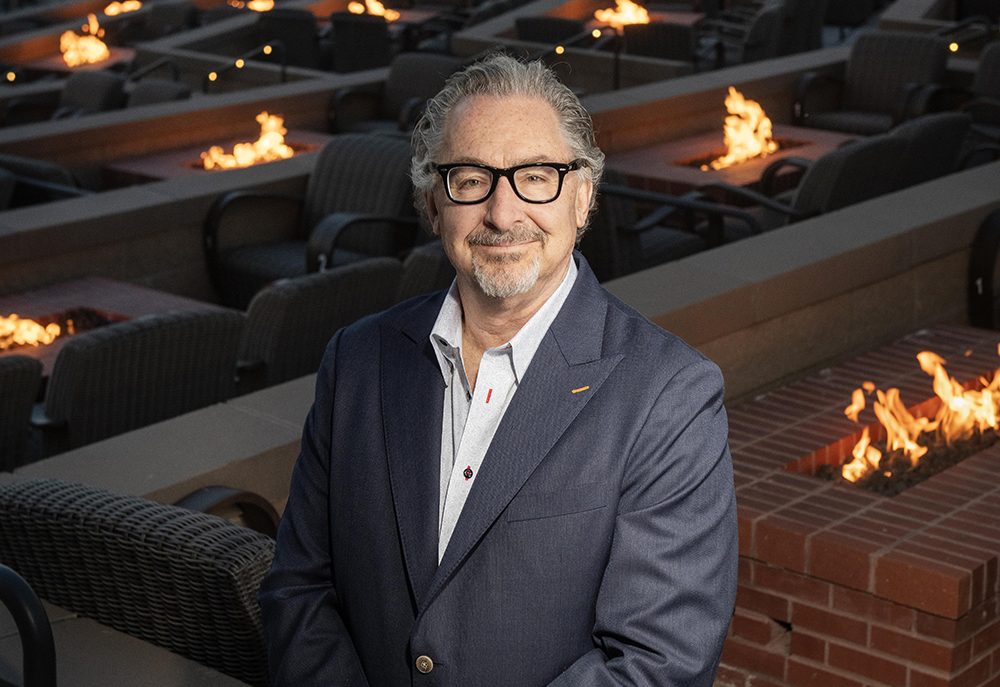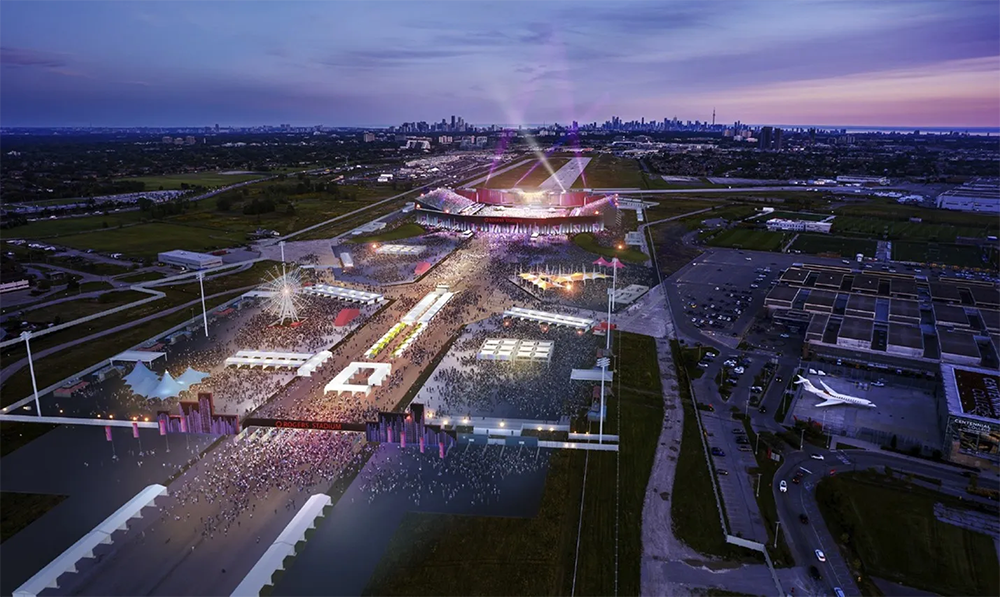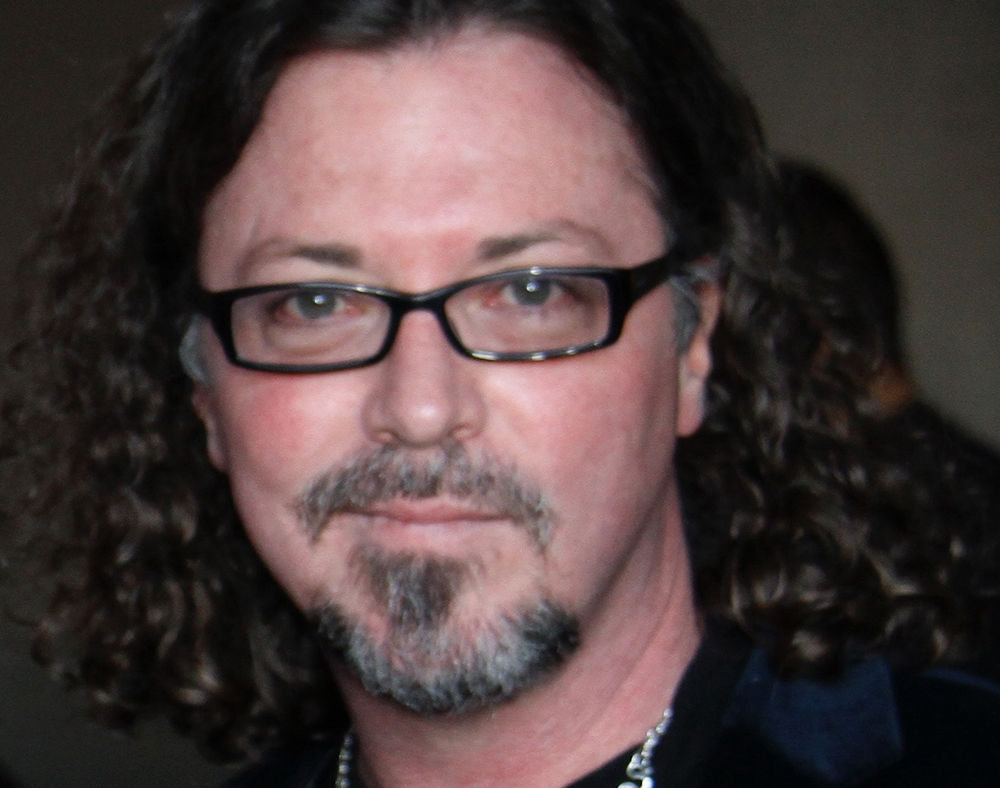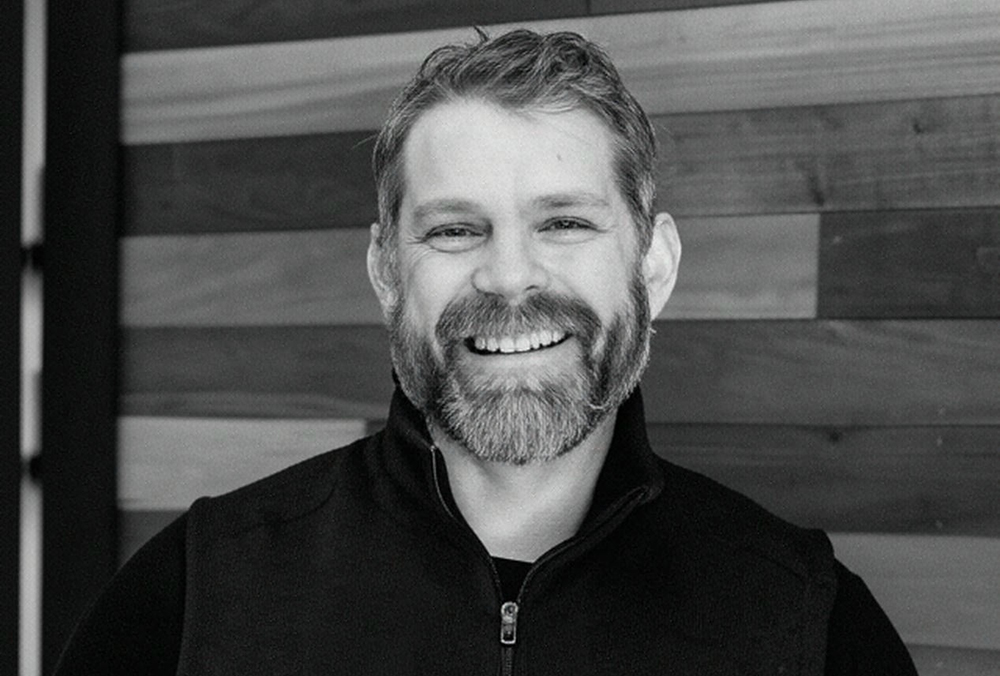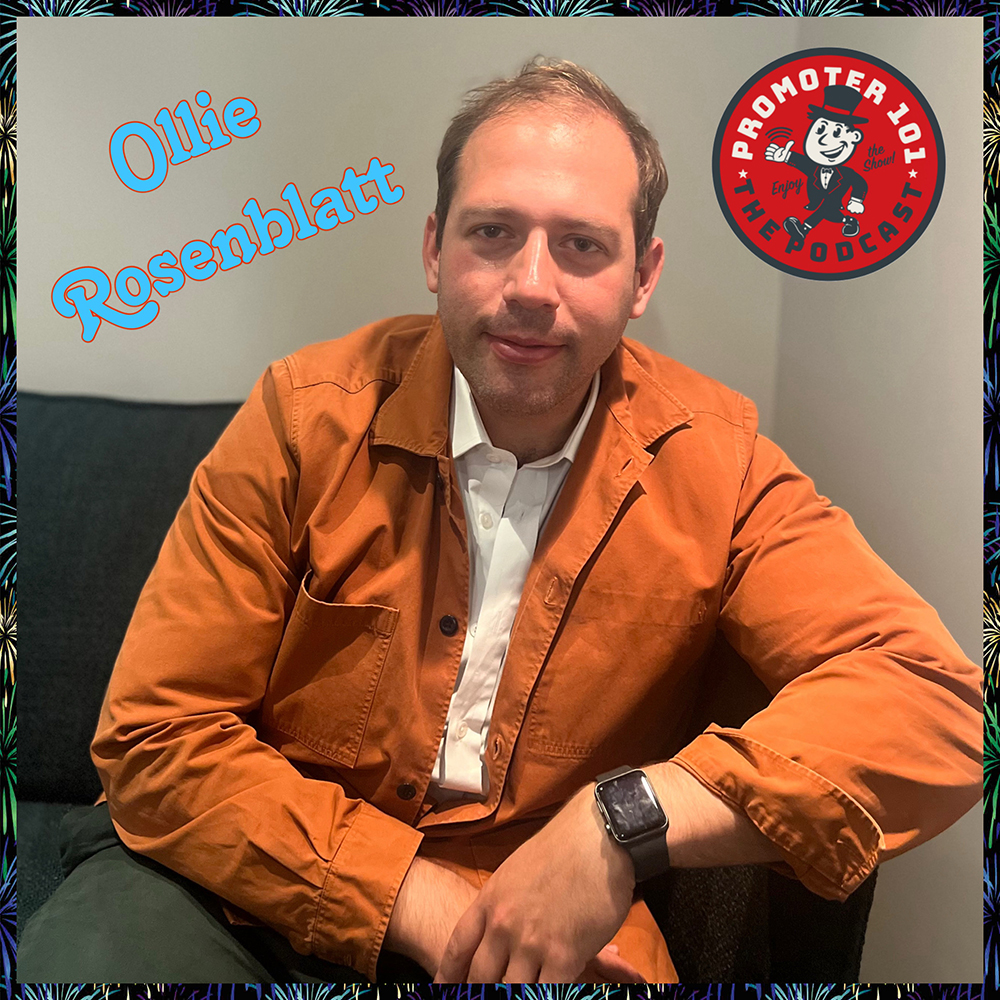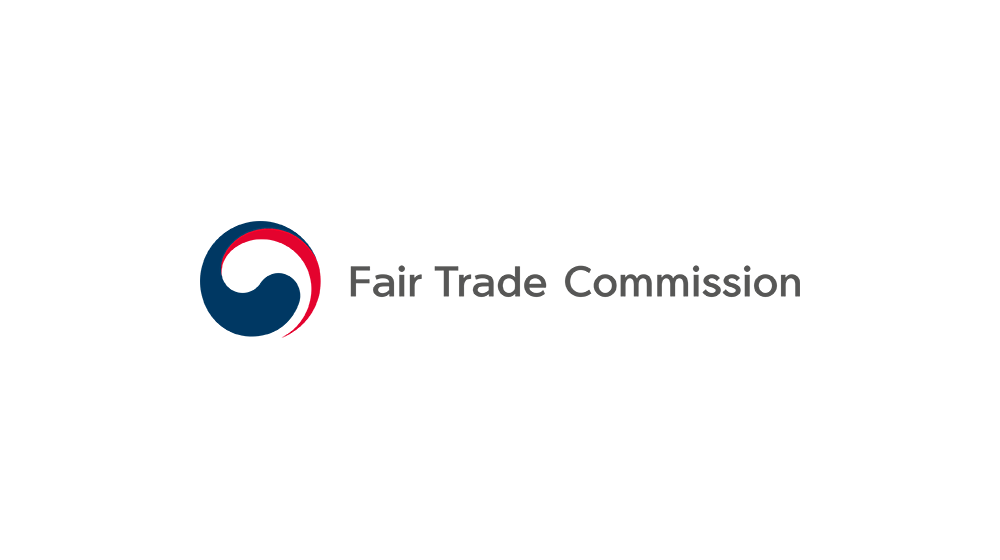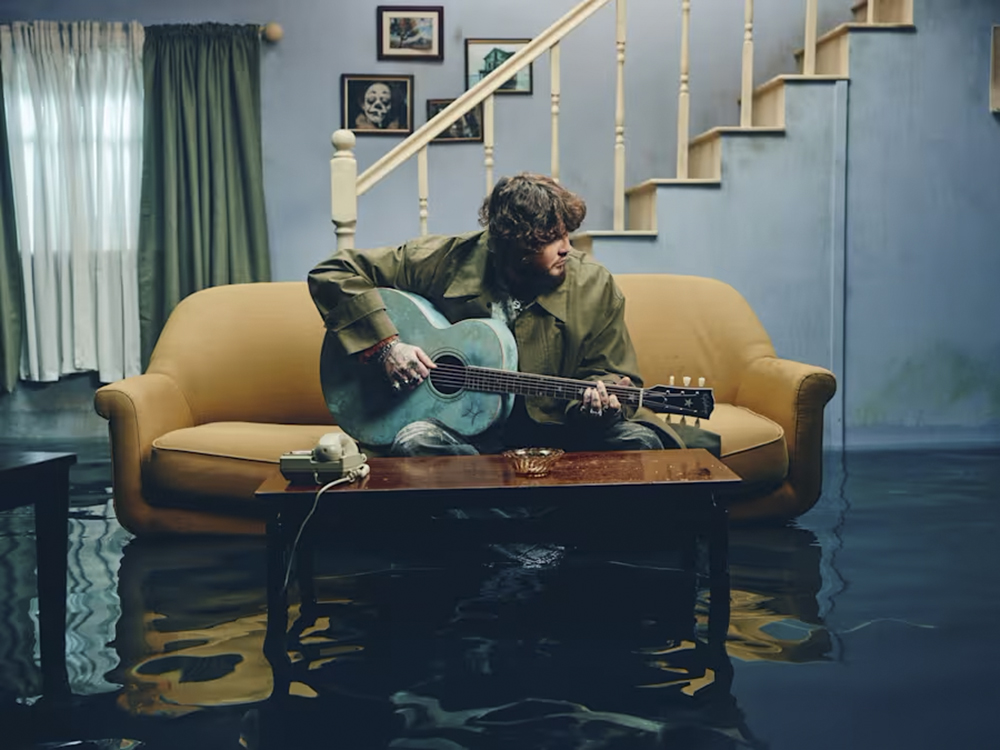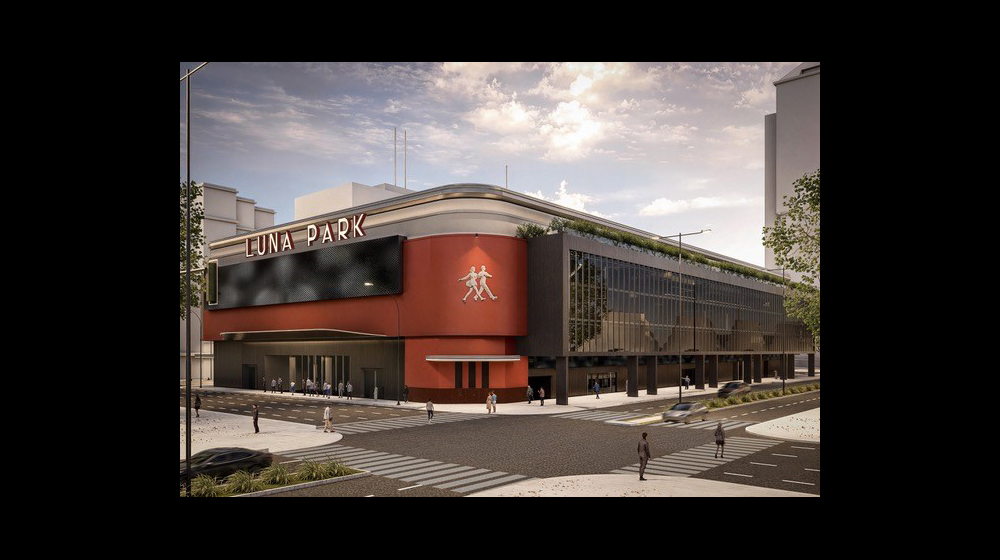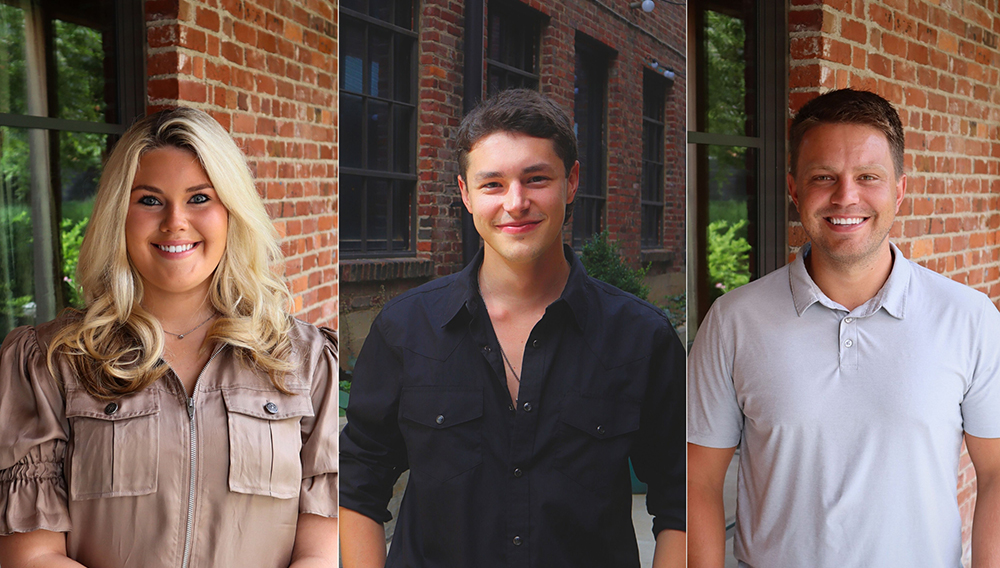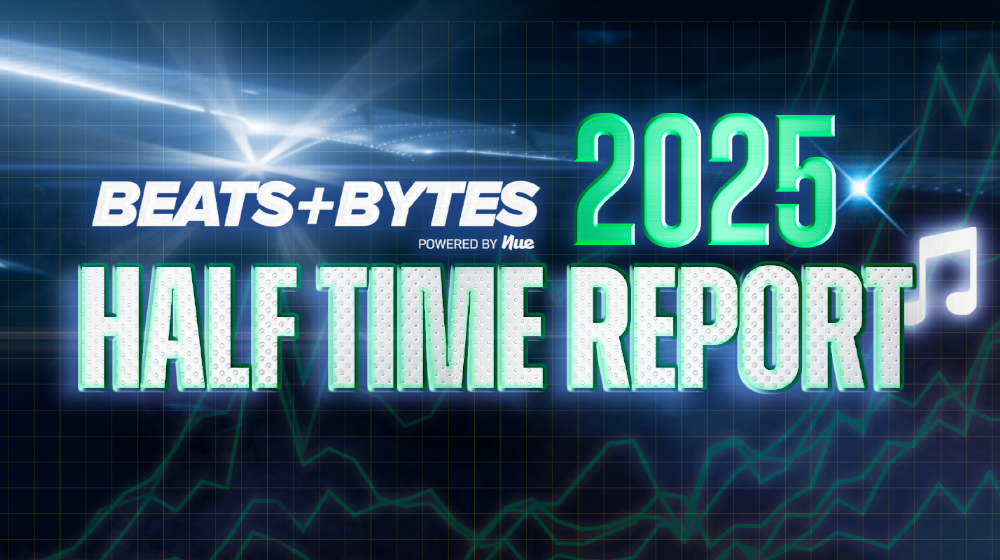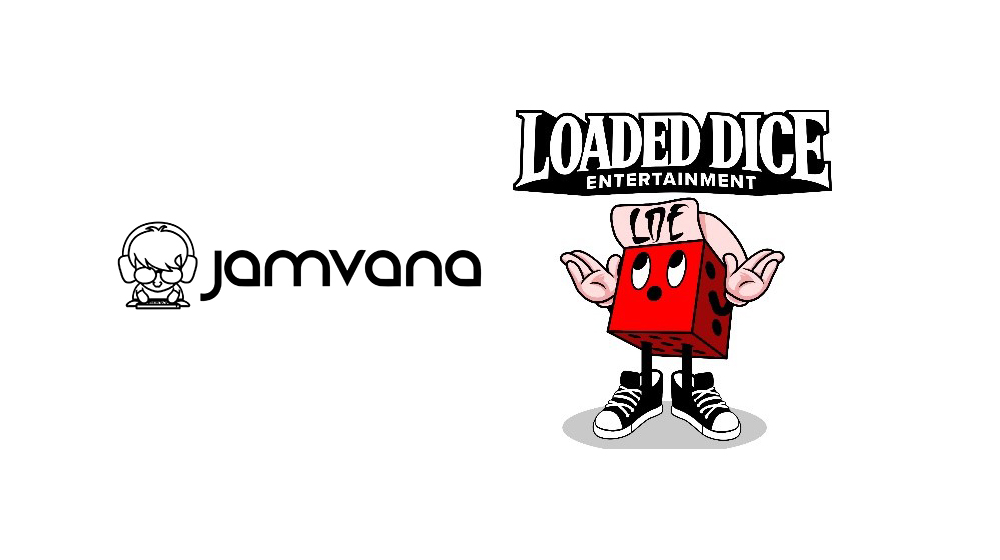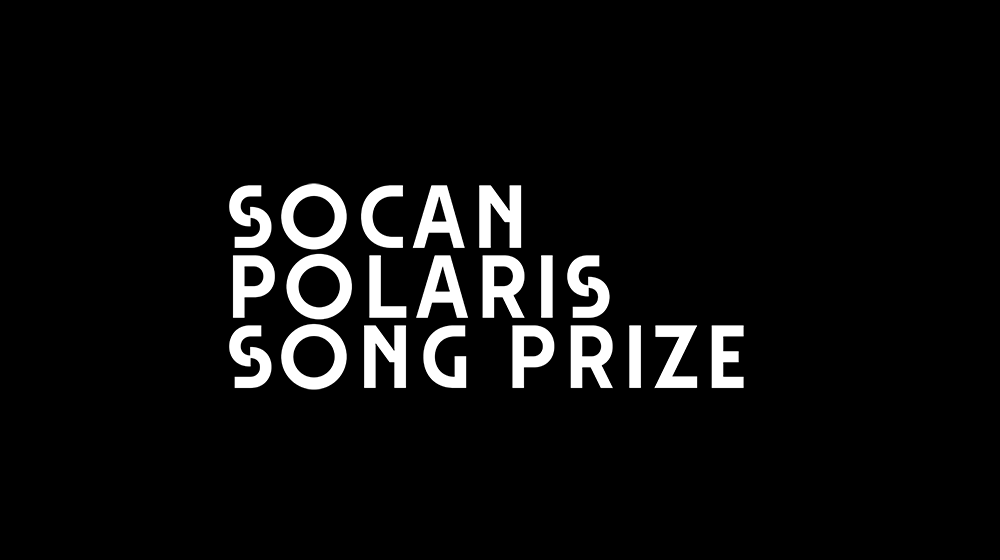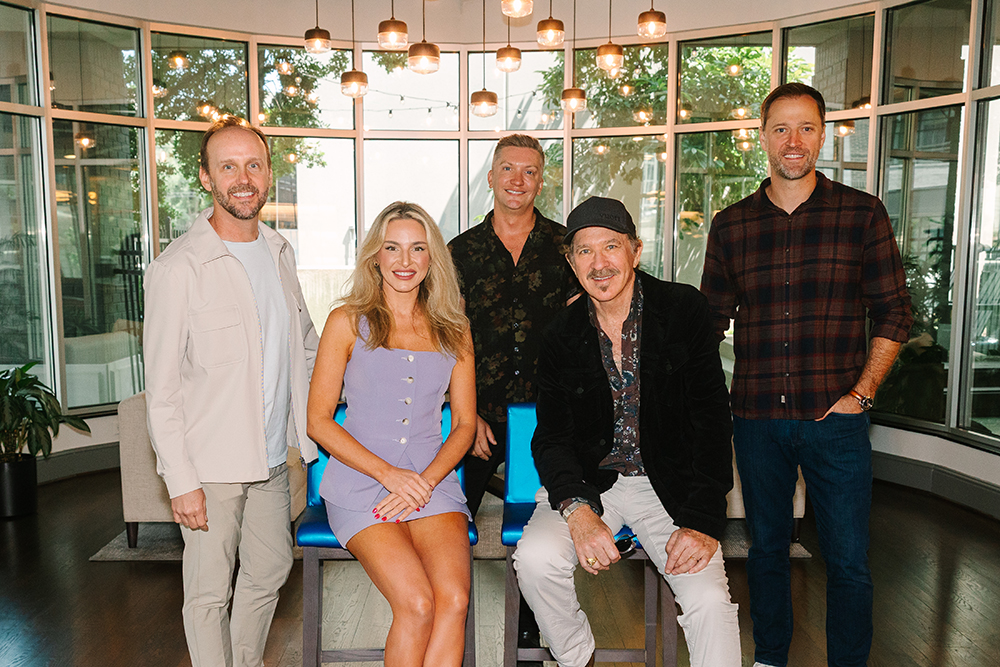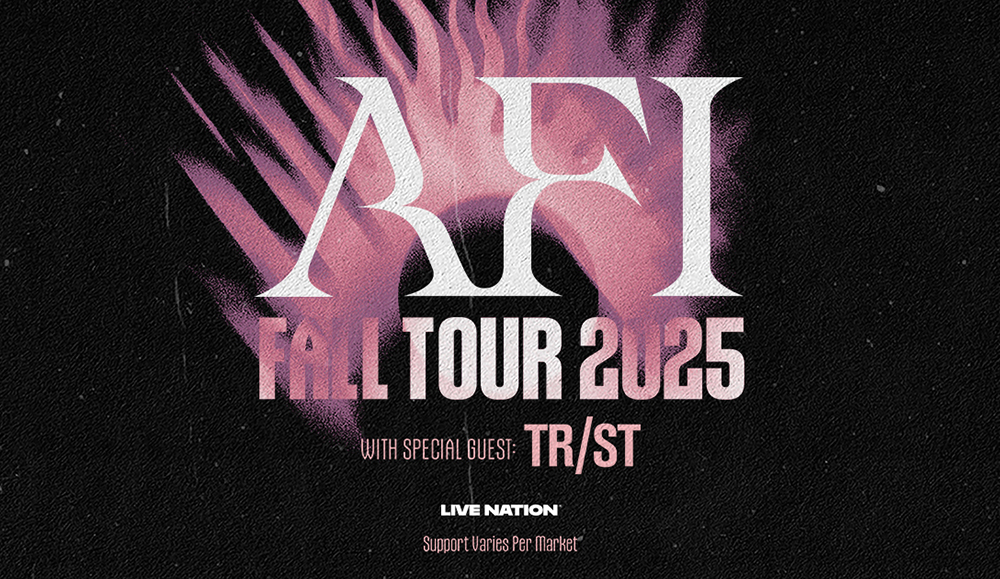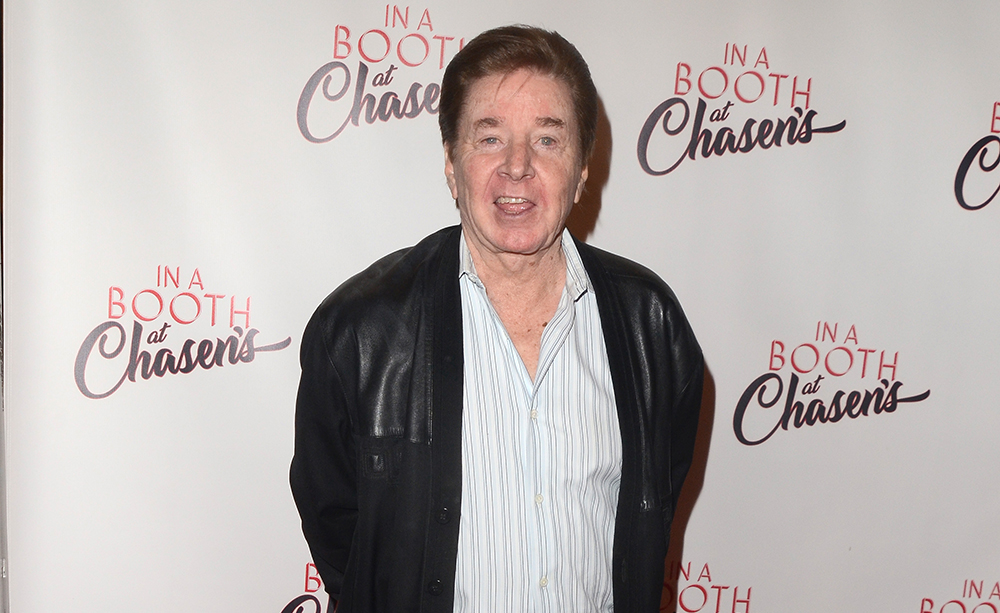
They were there to see Eric. If he played fast and grimaced, the audience leapt to its feet. It was like Winwood was a sideman, living in Slowhand's shadow.
But I was there to see Steve.
You'll be impressed if you go to see Clapton. He assumes no airs and doesn't battle those competing with him. He just picks out the notes, like an old bluesman, who was here yesterday and will be here tomorrow.
That's what the gig felt like. Not nostalgia, not a calcified rendition of what once was, but old warhorses uniting to try and kindle a spark one more time. And make a hell of a lot of money.
Not that Clapton needs any. Although, as Michael Jackson proved, we can always use just a bit more. It's just that high guarantees yield high ticket prices, and the night at the venue is no longer a chance, a risk, rather you expect perfection, the night of your life, which is why so many acts have half their act on hard drive, they don't want to disappoint you, they don't want to appear human, flawed and less than the image in your dreams.
Actually, Winwood's voice was a bit frayed. And this is a guy who hits every note year after year, so that was a surprise. Although it was only truly noticeable when the background singers left the stage, along with Eric and the rest of the band, and Steve sat down at the piano alone.
He spoke. Which no one else did. This was an evening of music. This wasn't a play, not a Britney Spears extravaganza, with set changes obfuscating the fact how little talent is truly on display, rather this was a concert. And what Steve had to say was not riveting. But once he walked his fingers over the piano keys, we sat in rapt attention.
Conventional wisdom is the highlight of the evening was "Voodoo
Chile", with those in the know claiming that Winwood played on the original. It wouldn't have been such a surprise if anybody had bought the double live album of the Madison Square Garden concert within which a rendition is included, but no one needs that. You've already got the originals. You want to hear how this music sounds live.
And if you want to hear something live that's truly stunning, track down Winwood's rendition of "Voodoo Chile" from the bonus disc of his
2003 album "About Time". It clomps in a way last night's rendition did not. You're taken away to a mysterious place just like the one you used to inhabit in high school, when you laid on the floor in the dark with your headphones on, listening to your favorite albums deep into the night.
Yes, this music was vital. Steve Jobs may be a visionary, a brilliant businessman, but he's no match for the note of one guitar, played by Pete Townshend, Eric Clapton or Steve Winwood.

That's the uncovered mystery. That Winwood, famous for playing the organ, can truly wail on guitar. Which he did on "Dear Mr. Fantasy"
last evening. But that was not the high point, unlike when he plays solo gigs.
The peak was "The Low Spark Of High Heeled Boys".
Give Clapton credit. He's managed to maintain, make music that people want to hear decade after decade. He delivered the same energy in
"Had To Cry Today" and "Well All Right" that he did forty years ago.
And, I loved hearing "Forever Man", from the unjustly pooh-poohed 1985 Phil Collins-produced "Behind The Sun". But since his eighties hitmaking days, Winwood's been receding. "About Time" is a revelation, better than the work of each and every one of those jam bands he played with when he concocted the record. The record featured not only great playing, but great material. It's an album that you played for weeks to fully comprehend and sounds just as fresh when you hear it today. But, failing to break through with his younger brethren or his old fans, Winwood retreated into the arms of a major label just when it was time to leave. He'd been too early, and now he was too late.
"Split Decision" was actually better than the take from "Back In The High Life", it breathed in a way the original did not. And "Pearly Queen" swung in a way the studio version of yore did not, Eric's solo spiced it up. But these numbers were played with an entire band. One made up of not only Abe Laboriel, Jr., but Willie Weeks and Chris Stainton. (Chris Stainton? Just ripple out the riff from "Hitchcock Railway", please!) But "The Low Spark Of High Heeled Boys" was played alone.
You know those notes. They're the soundtrack to late night dorm life. College is a world removed from reality, and what rooted it way back when was the music. It was the music that linked us, that kept us together. That's why we went to Woodstock and wouldn't miss a rock festival thereafter. We needed to commune with our brothers!
"If you see something that looks like a star"
That's what Clapton and Winwood were. Not built by the media, but their playing.
"And it's shooting up out of the ground"
Actually, from the black vinyl spinning on your turntable.
"And your head is spinning from a loud guitar"
The music set your mind free.
"And you just can't escape from the sound"
Nor did you want to.

"Don't worry too much, it'll happen to you"
It happened to everyone. The straightest kid from your high school grew out his hair, stood in line overnight to buy tickets, no one was left out.
"We were children once, playing with toys"
And that's just the point. Everyone there last night was a child once. Including the people on stage. But now we've grown up. Where does this leave us? It's creepy to diet down to a stick, wear teenage clothing and get plastic surgery. But we want to be alert, alive and
vibrant, we want to feel like we're twenty again. Alas, we can't.
There's been too much hurt, we've seen too much, nothing's new.
"The percentage you're paying is too high-priced While you're living beyond all your means"
It's not only the rock stars who got caught up in the vicious cycle.
We were a couple of decades and a couple of changes behind them, but the baby boomers started living off credit cards, paying exorbitant interest rates to fuel the lifestyle they believed they were entitled to, convinced the value of their real property and the stock they owned would only go up, just like an artist believes his career will never fade.
"And the man in the suit has just bought a new car From the profit he's made on your dream"
He's working at Goldman Sachs. He made money when you lost it. He's carved out a lifestyle you can't afford, that you don't have access to. He flies privately and vacations the same way, behind the wall that used to separate rock stars from their fans. But unlike the rock stars of days gone by, these "financial wizards" created nothing vital, left nothing in their wake to be remembered by other than debt, and an endless line of broken and battered investors.
"But today you just read that the man was shot dead By a gun that didn't make any noise But it wasn't the bullet that laid him to rest Was the low spark of high-heeled boys"
In the sixties, we took to the streets, protesting inequities. But, there's been very little protest against the financial ruin the robber barons have wreaked upon the populace. Because everybody still believes in the American Dream, they believe that they too can make it, and they want to live unfettered lifestyles when they do.
Utter hogwash. The game is rigged. It's against you.
The same way it was in the music game.
But Clapton and Winwood have outlived those who profited from their dream. They didn't give up, they kept picking themselves up off the floor, kept creating. And now are reaping incredible rewards on the road that they've got to share with almost nobody. Now they get the lion's share of the profits.
But where does this leave you?
And me.
I'm not sure. We remember when the music was vital, when we had to own the live album, when we traded obscure factoids because we cared so much. Can we care again, in a country dominated by a limited number of promoters, in a nation where we don't know what the number one record is, and don't care?
"If I gave you everything that I owned
And asked for nothing in return
Would you do the same for me as I would for you"
This was the sixties mantra. We were all in it together.
"Or take me for a ride
And strip me of everything, including my pride"
This is the age of Reagan and thereafter. Screw you, I'm looking out for me.
Our culture has been bent and broken. You wonder why we get this nihilistic music? You wonder why the best and brightest go into tech instead of music? In tech, you're in control of your own destiny. In music, you're a cog in a machine run by men gone amok, who are just interested in maintaining their profits, even if they've got to kill someone to achieve this.
"But spirit is something that no one destroys"
At the end of the day, we're optimistic. Otherwise we die. We need to believe tomorrow can be better, otherwise we commit suicide. What keeps us going?
Music.
Yes, our heads spin when we hear the sound of a loud guitar. And everybody in attendance last night at the Bowl remembered that, that's what drove them there. And despite the financial shenanigans, the posturing of the business boys, it's the only way the business will be saved, via the music. Played by boys inspired by classics as opposed to riches. Clapton and Winwood had no idea they'd still be playing decades on, never mind making a fortune doing it.
So stop focusing on money. Question authority. Stop getting ahead at the expense of others, bring them along. The music inspired once, it can inspire us again. When Steve Winwood sat down at the piano last night and played "The Low Spark Of High Heeled Boys" I remembered the day I bought it, I remembered listening to it at Middlebury, and I got in touch with how vital it still sounded, and that gave me hope, that I too could be vital.
That's what live music played by real people does. Illustrate that we can concoct something beautiful out of nothing, which is different every night, which touches humanity. Everybody can now sample recorded tunes, they're free to stream online. If only everybody could afford to go to the show, and hear people as inspirational as Steve Winwood and Eric Clapton.



































